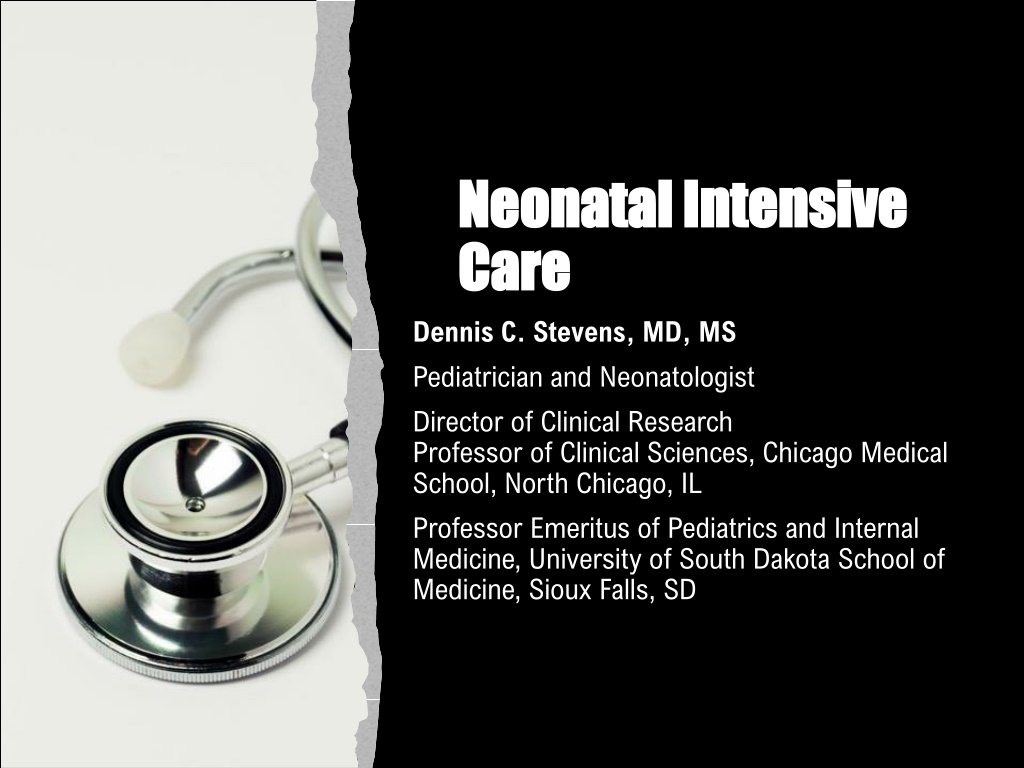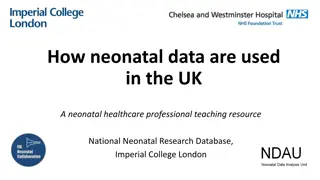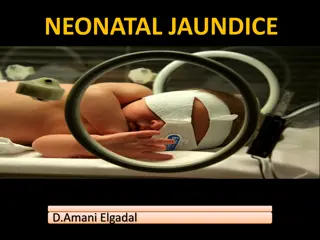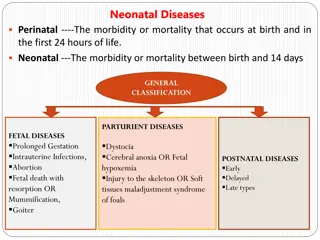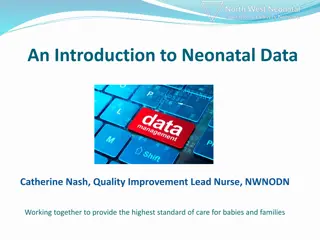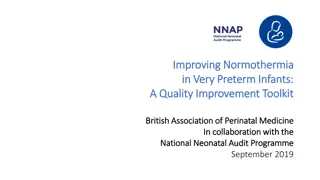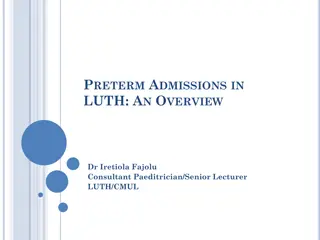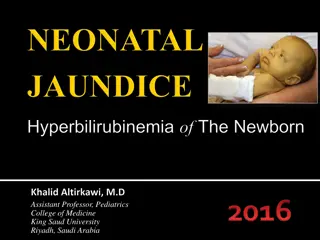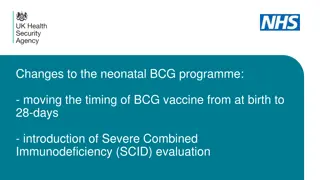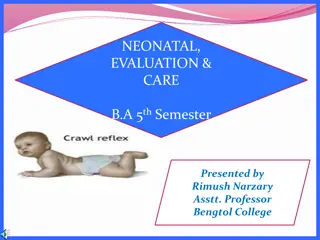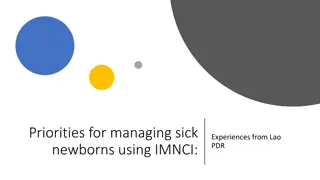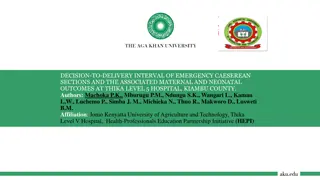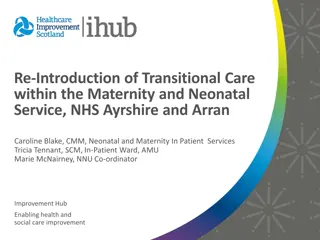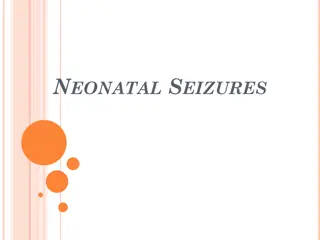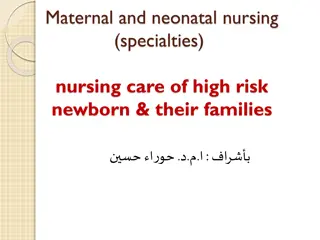Neonatal Intensive Care Overview by Dr. Dennis C. Stevens, MD
Neonatal Intensive Care (NICU) involves specialized care for preterm and full-term newborn infants with various medical conditions, requiring a multidisciplinary approach. Dr. Dennis C. Stevens, a renowned Pediatrician and Neonatologist, highlights the challenges and importance of NICU care, emphasizing the crucial roles of healthcare professionals and parents in ensuring the well-being of neonates.
Download Presentation

Please find below an Image/Link to download the presentation.
The content on the website is provided AS IS for your information and personal use only. It may not be sold, licensed, or shared on other websites without obtaining consent from the author. Download presentation by click this link. If you encounter any issues during the download, it is possible that the publisher has removed the file from their server.
E N D
Presentation Transcript
Neonatal Intensive Neonatal Intensive Care Care Dennis C. Stevens, MD, MS Pediatrician and Neonatologist Director of Clinical Research Professor of Clinical Sciences, Chicago Medical School, North Chicago, IL Professor Emeritus of Pediatrics and Internal Medicine, University of South Dakota School of Medicine, Sioux Falls, SD
INTRODUCTION Dennis C. Stevens, MD, MS
NICU Care Care for preterm and full-term newborn infants of up to one month of age with a wide variety of conditions prematurity, infections, congenital defects, chromosomal disorders. Some babies are very critically ill, and death is not unusual. Care involves a wide variety of disciplines pediatrics and pediatric disciplines, nursing, nurse practitioners, respiratory therapy, speech therapy, physical therapy, social work and chaplains to name a few. Care is TEAM oriented (there is no I in TEAM).
NICU Care Neonates may develop chronic conditions (BPD or chronic lung disease) and may stay in the NICU for prolonged periods of time sometimes up a year or more. Surgical and genetic conditions may also be associated with long-term NICU care. Care involves multiple pediatric and surgical specialists. Parents are very integrally involved in daily and bedside care of their babies. The NICU environment (noise, light, temperature and pain impacts the outcome of care.
Neonatologist Neonatologist - -Training Training 4 years of college 4 years of medical school 3 years of pediatrics residency 3 years of neonatology fellowship Certification examinations for Pediatrics and Neonatal/Perinatal Medicine
NICU Nurse 4 years of college with BSN degree. Specific institutional requirements vary Often at least 2 years of nursing experience One year of supervised training in the NICU Advancing levels of training and care with experience There are advanced Neonatal Nursing certification examinations which can be voluntarily taken Certification in Neonatal Resuscitation generally required Specific institutional training: Transport Team High-Risk Delivery (DRICU stabilization team)
The Beginning Delivery Room ICU Requires Special Skills and Training
Babe Taken from DR by Nurse to DRICU Babe Taken from DR by Nurse to DRICU
Preparation for Twins Preparation for Twins
Babe Place on Warmer in Plastic Wrap Babe Place on Warmer in Plastic Wrap Picture
Digital X-Ray RDS/HMD Picture
Miracle Drug - Surfactant RDS Before and 4 Hours after Surfactant RDS Before and 4 Hours after Surfactant
Catheter Insertion Catheter Insertion Umbilical Artery and Vein Umbilical Artery and Vein
Questions Thank You! Best Wishes on Your Career Choices Feel Free to Email further Questions or Request other Topics
